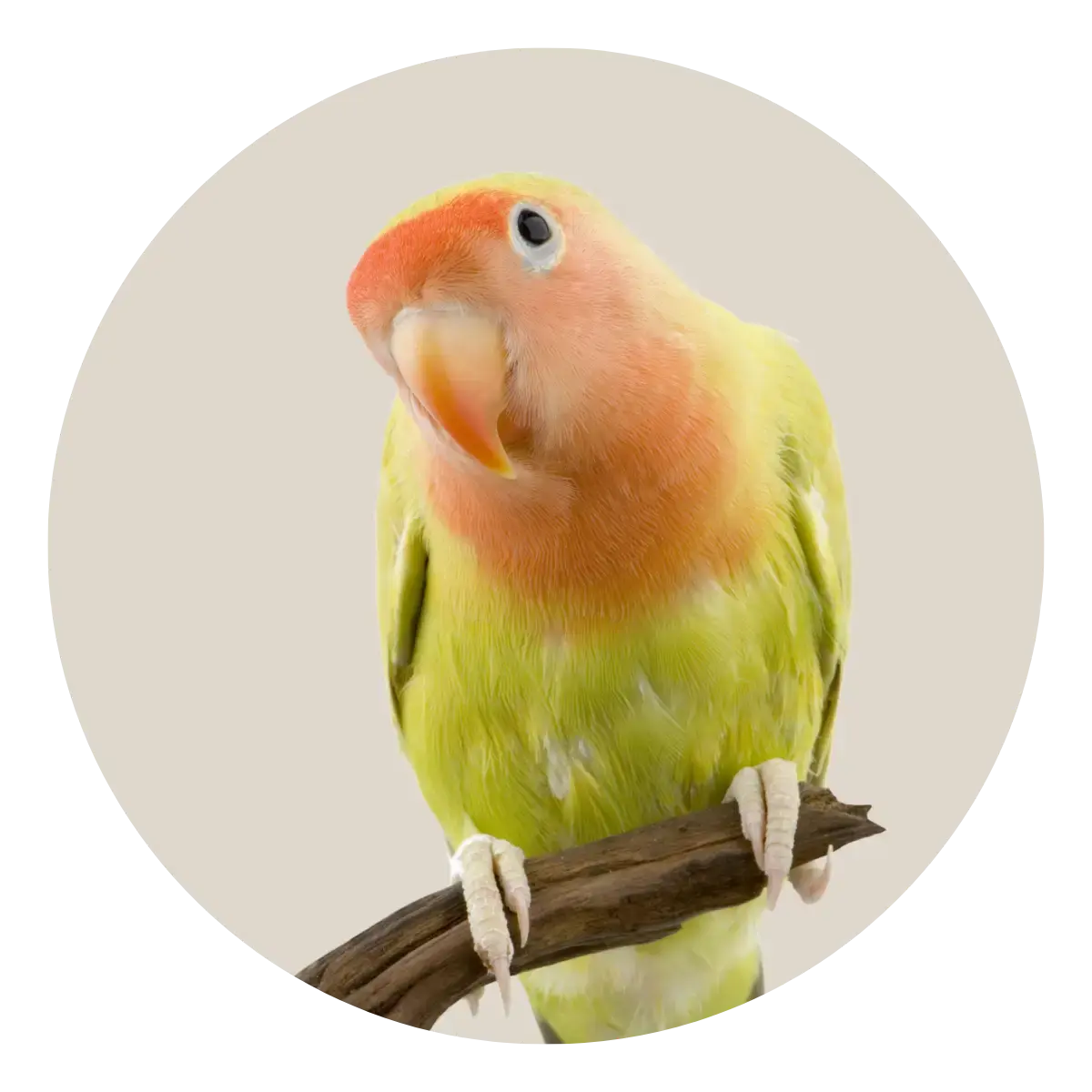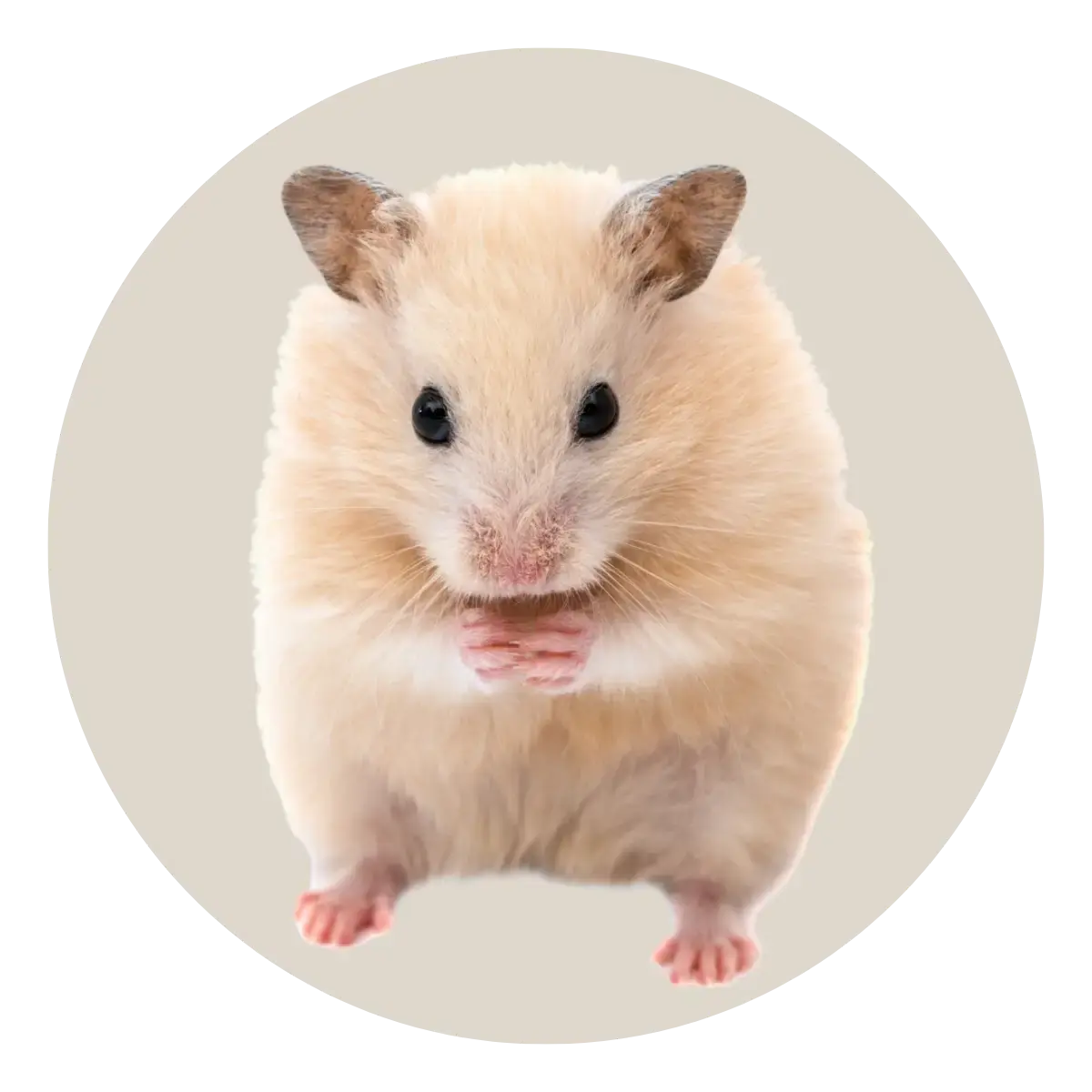Rabbits are beloved pets known for their adorable appearance and gentle nature. However, caring for these furry friends requires commitment and knowledge. From providing proper nutrition to creating a safe environment, here's a comprehensive guide on how to care for a rabbit to ensure they lead happy and healthy lives.
Understanding Rabbit Diet and Nutrition:
A rabbit's diet is crucial for their overall health and well-being. The foundation of their diet should consist of high-quality hay, such as timothy or orchard grass, which helps maintain proper digestion and dental health. Additionally, fresh vegetables like leafy greens (e.g., kale, romaine lettuce, spinach) and herbs (e.g., parsley, coriander) should be provided daily to ensure they receive essential nutrients. However, avoid feeding them iceberg lettuce and other high-calcium vegetables in excess, as it may lead to health issues like bladder stones.
Alongside hay and vegetables, rabbits require a small amount of pellets formulated specifically for their nutritional needs. These pellets should be free from nuts, seeds, and other high-fat ingredients. Treats such as fruits (e.g., apples, berries) should be given sparingly due to their high sugar content.
Creating a Safe and Comfortable Habitat:
Providing a spacious and enriched environment is essential for a rabbit's mental and physical well-being. A large enclosure, preferably a rabbit-proofed room or a rabbit hutch with ample space for hopping and exploring, is ideal. Ensure the enclosure has solid flooring to prevent injuries to their delicate feet, and provide a soft bedding material like hay or paper-based bedding for comfort.
Rabbits are notorious chewers, so it's vital to rabbit-proof the living space by removing hazardous items such as electrical cords and toxic plants. Offering a variety of toys, tunnels, and chew sticks will help keep them mentally stimulated and prevent boredom.
Maintaining Proper Hygiene and Grooming:
Regular grooming is essential to keep your rabbit's coat healthy and free from mats and debris. Depending on the breed and coat length, grooming may vary from daily brushing to weekly sessions. Long-haired breeds may require more frequent grooming to prevent matting and reduce the risk of hairballs.
Additionally, rabbits are fastidious groomers themselves and may ingest fur during grooming, leading to hairball formation in their digestive tract. Providing plenty of fresh water and encouraging exercise can help prevent hairballs, but if your rabbit shows signs of GI stasis (e.g., decreased appetite, lethargy), seek veterinary attention immediately.
Routine Veterinary Care:
Just like any other pet, rabbits require routine veterinary check-ups to monitor their health and detect any underlying issues early on. A rabbit-savvy veterinarian can provide essential vaccinations (e.g., against viral hemorrhagic disease) and offer advice on preventive care and nutrition.
Furthermore, spaying or neutering your rabbit is crucial not only for population control but also for preventing reproductive-related health problems like uterine cancer and aggression.
Conclusion:
Caring for a rabbit involves commitment, patience, and a deep understanding of their unique needs. By providing a balanced diet, a safe and enriched environment, regular grooming, and routine veterinary care, you can ensure that your furry friend lives a long, happy, and healthy life as a cherished member of your family.








